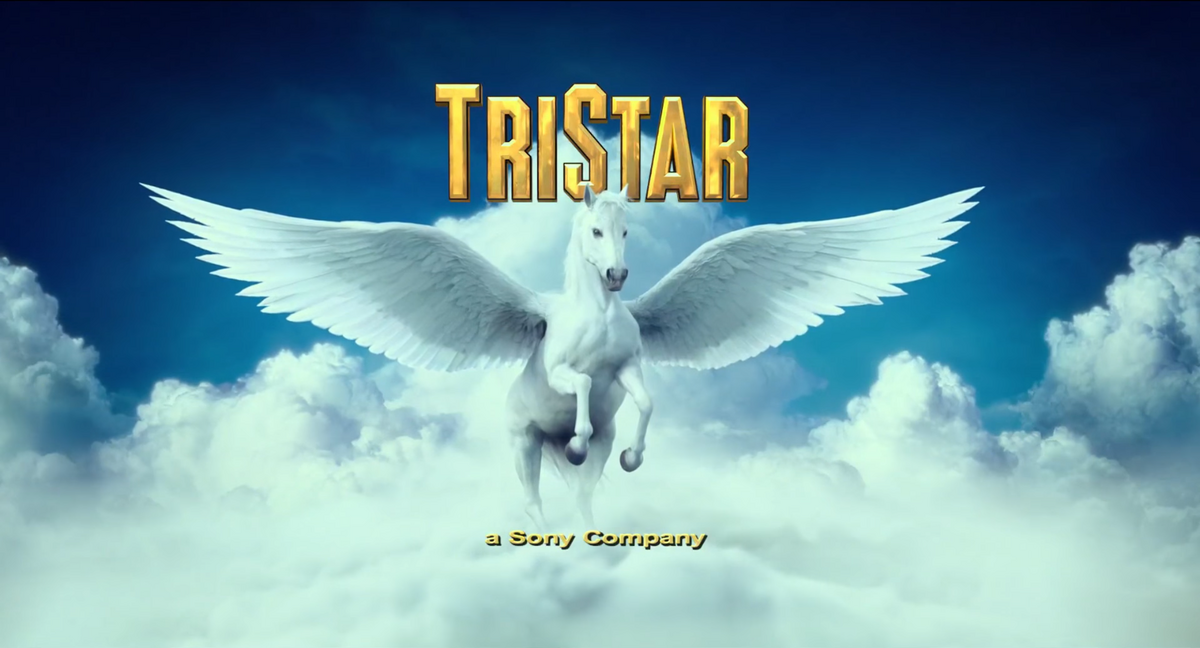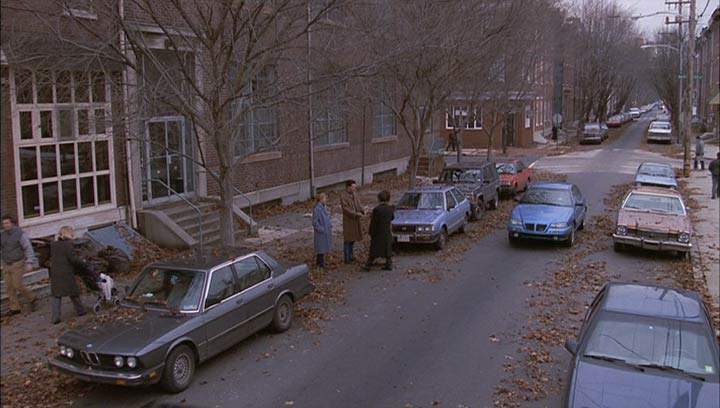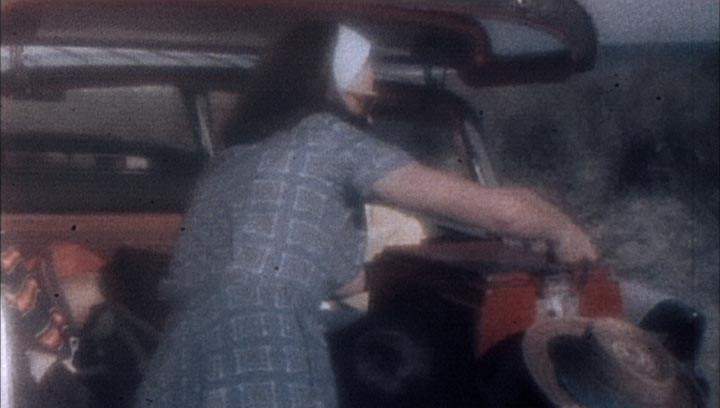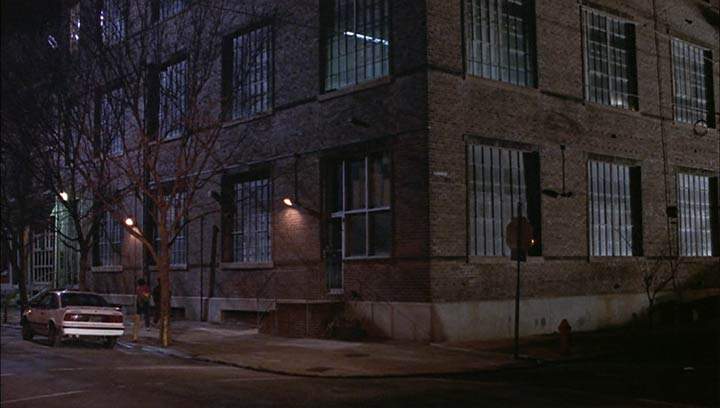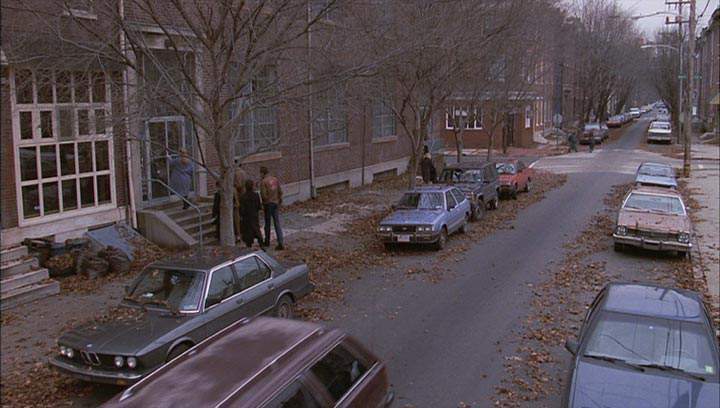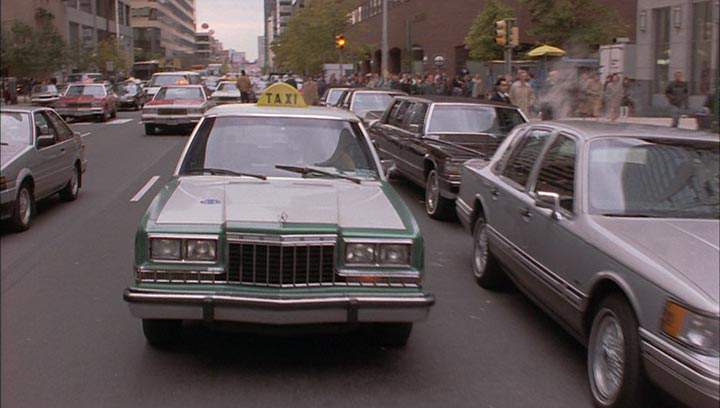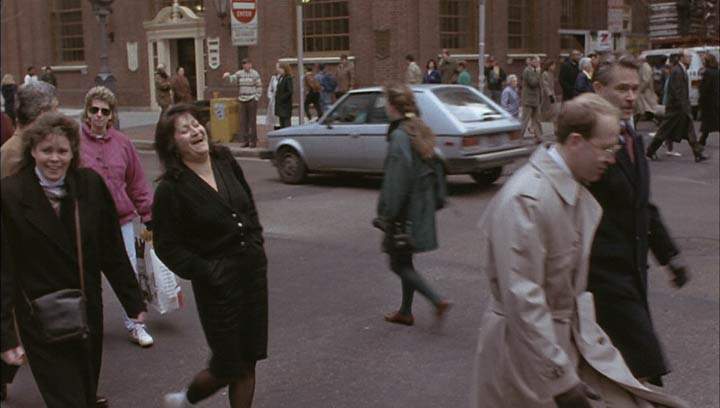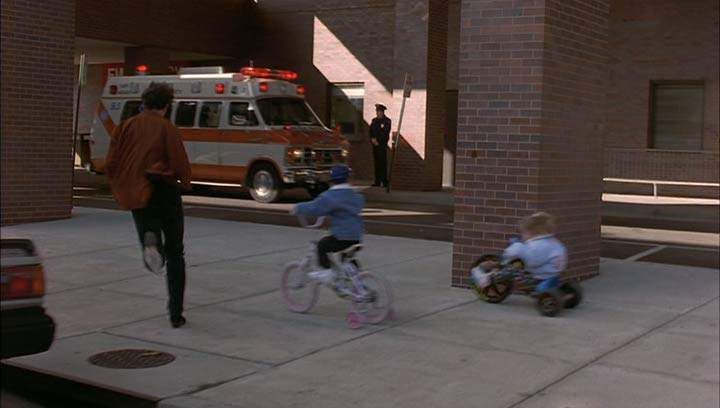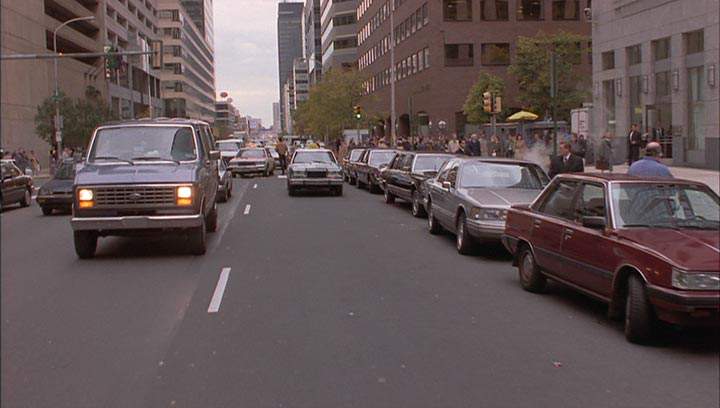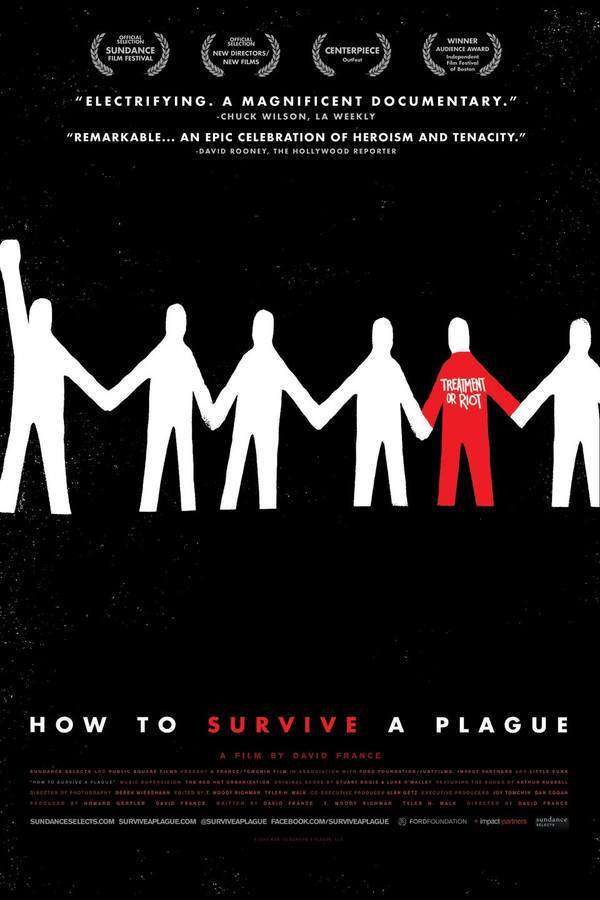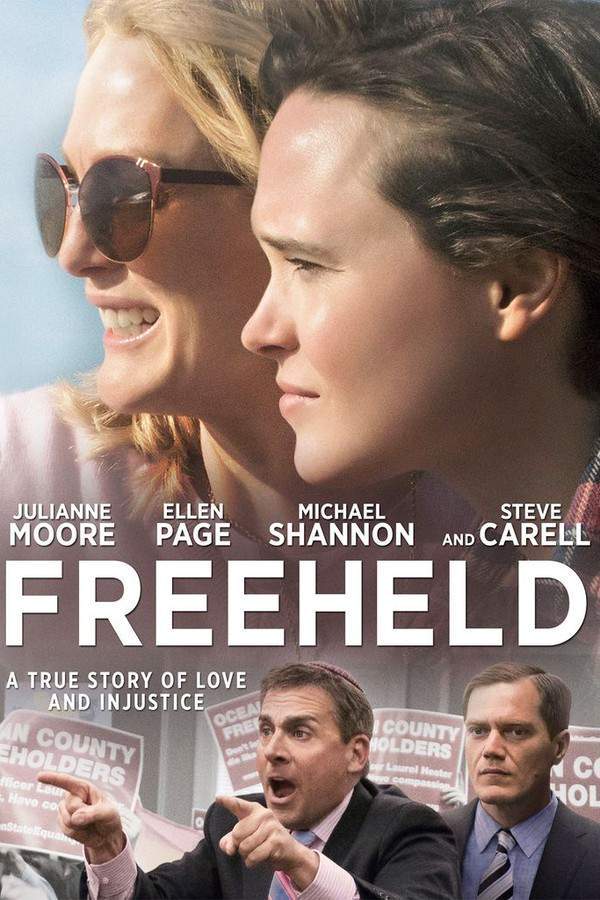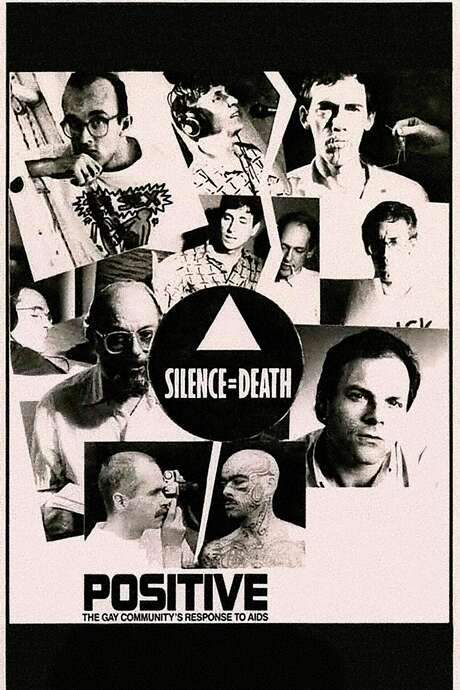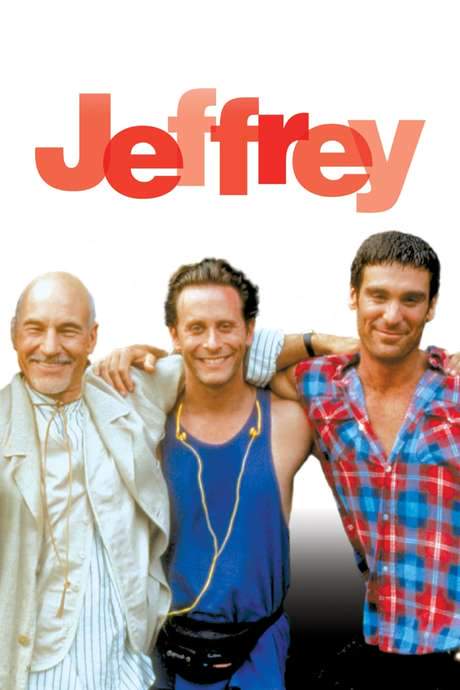Philadelphia 1993

A brilliant lawyer, Andrew Beckett, is dismissed from his firm after it’s revealed he has HIV. Feeling unfairly dismissed and seeking justice, he enlists the help of Joe Miller, a homophobic lawyer who initially hesitates to take on the case. Together, they confront the powerful law firm in a landmark legal battle that challenges prejudice and fights for acceptance, ultimately changing perceptions and impacting the legal system.
Does Philadelphia have end credit scenes?
No!
Philadelphia does not have end credit scenes. You can leave when the credits roll.
Meet the Full Cast and Actors of Philadelphia
Explore the complete cast of Philadelphia, including both lead and supporting actors. Learn who plays each character, discover their past roles and achievements, and find out what makes this ensemble cast stand out in the world of film and television.
External Links and Streaming Options
Discover where to watch Philadelphia online, including streaming platforms, rental options, and official sources. Compare reviews, ratings, and in-depth movie information across sites like IMDb, TMDb, Wikipedia or Rotten Tomatoes.
Ratings and Reviews for Philadelphia
See how Philadelphia is rated across major platforms like IMDb, Metacritic, and TMDb. Compare audience scores and critic reviews to understand where Philadelphia stands among top-rated movies in its genre.

66
Metascore
7.7
User Score


81%
TOMATOMETER

89%
User Score

7.7 /10
IMDb Rating

77
%
User Score
Take the Ultimate Philadelphia Movie Quiz
Challenge your knowledge of Philadelphia with this fun and interactive movie quiz. Test yourself on key plot points, iconic characters, hidden details, and memorable moments to see how well you really know the film.
Philadelphia Quiz: Test your knowledge on the impactful story of Andrew Beckett in 'Philadelphia'.
Who portrays the main character, Andrew Beckett, in 'Philadelphia'?
Tom Hanks
Denzel Washington
Antonio Banderas
Jason Robards
Show hint
Awards & Nominations for Philadelphia
Discover all the awards and nominations received by Philadelphia, from Oscars to film festival honors. Learn how Philadelphia and its cast and crew have been recognized by critics and the industry alike.
48th British Academy Film Awards 1995
Best Original Screenplay
66th Academy Awards 1994

Makeup
Music (Original Song)
Music (Original Song)
Writing (Screenplay Written Directly for the Screen)
51st Golden Globe Awards 1994

Best Original Song
Full Plot Summary and Ending Explained for Philadelphia
Read the complete plot summary of Philadelphia, including all major events, twists, and the full ending explained in detail. Explore key characters, themes, hidden meanings, and everything you need to understand the story from beginning to end.
Andrew Beckett, portrayed by Tom Hanks, is a senior associate at Philadelphia’s largest law firm, but he harbors a significant secret: he is gay and suffering from AIDS. While living with his partner Miguel Álvarez (Antonio Banderas), Beckett keeps his sexual orientation hidden from his colleagues. On the day he receives the firm’s most crucial case, a partner notices a small lesion on his forehead, prompting Beckett to take time off to conceal his condition.
During this period, he meticulously completes the necessary paperwork for the case and instructs his assistants to file it the next day, the very last moment before the statute of limitations expires. Unfortunately, Beckett suffers severe bowel spasms and is rushed to the emergency room. From his hospital bed, he receives frantic calls from the firm about the missing complaint, which is eventually located just in time for filing. However, the following day, Beckett is unceremoniously dismissed by the partners who had previously called him their “buddy.” They now question his competency based on the missing document.
Believing his termination is linked to his AIDS diagnosis, Beckett seeks legal representation and approaches personal injury lawyer Joe Miller, with whom he has a past connection. Initially, Miller is reluctant to take on Beckett’s case because of his own homophobic views and lack of knowledge about AIDS. After consulting his doctor about the risks of contracting the virus, he decides against representing Beckett. With no other lawyers willing to help him, Beckett takes up his defense.
While at a law library, Miller witnesses the prejudice Beckett faces as patrons move away from him. Witnessing this treatment ignites a shift in Miller’s perspective; he chooses to represent Beckett. As the trial unfolds, the head of the firm, Charles Wheeler (Jason Robards), takes the stand, painting Beckett as incompetent and suggesting that he caused his illness through reckless behavior. However, during the trial, Miller successfully reveals that Beckett’s condition was visible due to the lesions and that homophobic attitudes were prevalent in their workplace.
As the court proceedings continue, Beckett admits to engaging in anonymous encounters with men but gains sympathy when a partner reveals he suspected Beckett’s illness but chose to remain silent. Tragically, Beckett collapses during a critical moment of the trial, leading to a jury decision in his favor, awarding him a staggering $4.5 million in damages.
In a poignant scene, after the verdict, Miller finally finds the courage to show affection towards Beckett in the hospital. Following Beckett’s passing, the film concludes with a moving reception held in his honor, where guests, including the Millers, reflect on Beckett’s life through home movies, mourning the loss of a vibrant spirit.
Uncover the Details: Timeline, Characters, Themes, and Beyond!

Coming soon on iOS and Android
The Plot Explained Mobile App
From blockbusters to hidden gems — dive into movie stories anytime, anywhere. Save your favorites, discover plots faster, and never miss a twist again.
Sign up to be the first to know when we launch. Your email stays private — always.
Watch Trailers, Clips & Behind-the-Scenes for Philadelphia
Watch official trailers, exclusive clips, cast interviews, and behind-the-scenes footage from Philadelphia. Dive deeper into the making of the film, its standout moments, and key production insights.
Cars Featured in Philadelphia
Explore all cars featured in Philadelphia, including their makes, models, scenes they appear in, and their significance to the plot. A must-read for car enthusiasts and movie buffs alike.
Philadelphia Themes and Keywords
Discover the central themes, ideas, and keywords that define the movie’s story, tone, and message. Analyze the film’s deeper meanings, genre influences, and recurring concepts.
Philadelphia Other Names and Titles
Explore the various alternative titles, translations, and other names used for Philadelphia across different regions and languages. Understand how the film is marketed and recognized worldwide.
Articles, Reviews & Explainers About Philadelphia
Stay updated on Philadelphia with in-depth articles, critical reviews, and ending explainers. Explore hidden meanings, major themes, and expert insights into the film’s story and impact.
Similar Movies To Philadelphia You Should Know About
Browse a curated list of movies similar in genre, tone, characters, or story structure. Discover new titles like the one you're watching, perfect for fans of related plots, vibes, or cinematic styles.
Quick Links: Summary, Cast, Ratings, More

What's After the Movie?
Not sure whether to stay after the credits? Find out!
Explore Our Movie Platform
New Movie Releases (2025)
Famous Movie Actors
Top Film Production Studios
Movie Plot Summaries & Endings
Major Movie Awards & Winners
Best Concert Films & Music Documentaries
Movie Collections and Curated Lists
© 2025 What's After the Movie. All rights reserved.


